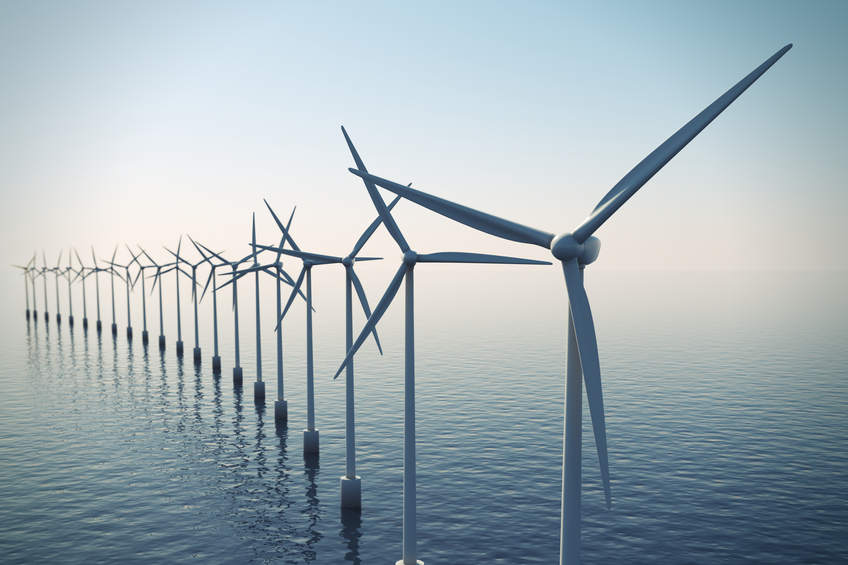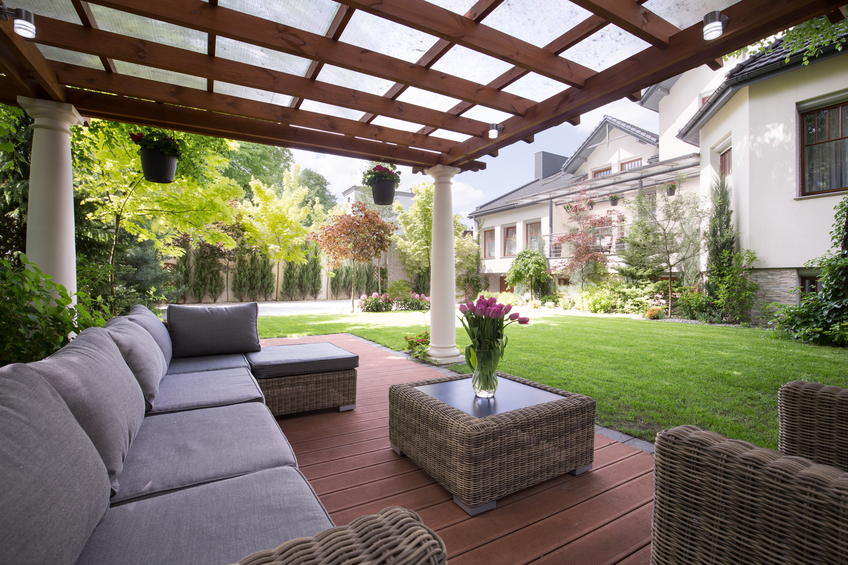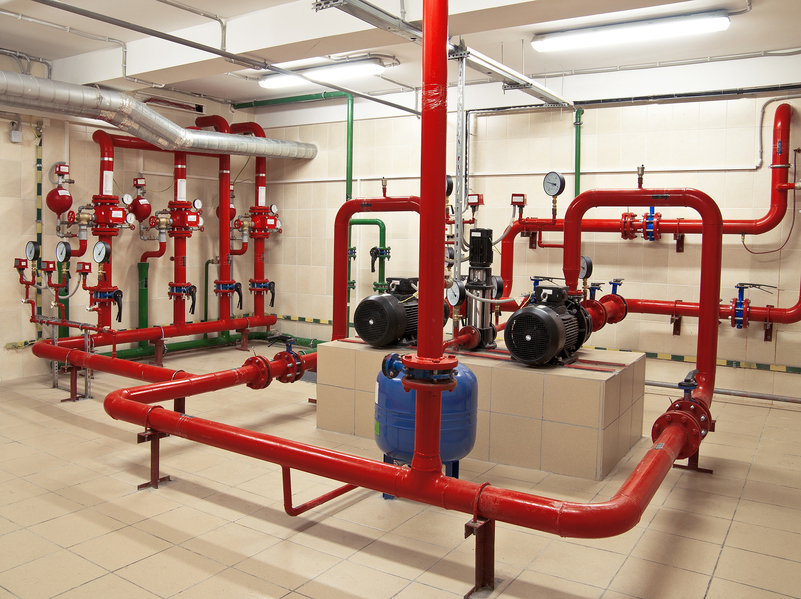Georgia Energy Efficiency 15 PDH Discount Package 2
How a Wind Turbine Works (R01-011)
Estimating the Environmental Effects of Green Roofs (C02-075)
Guidelines for Estimating Unmetered Industrial Water Use (M02-059)
Water Efficiency Management Guide for Bathroom Suites (M01-019)

This online engineering PDH course provides information on a wide variety of energy-related topics, ranging from simple weatherization, insulation, heating and cooling system improvements in homes, to installing and maintaining efficient water heaters, home appliances and solar panels.
Every year, a typical family in the United States spends around half of its home energy budget on heating and cooling. Unfortunately, many of those dollars are often wasted, because conditioned air escapes through leaky ceilings, walls and foundations, or flows through inadequately insulated attics, pipes, exterior walls and basements. In addition, many appliances, heating systems and air conditioners aren’t properly maintained, are old and inefficient, compared to models being sold today.
By properly maintaining your existing heating and cooling equipment (or replacing aging units with high-efficiency models), addressing weatherization and insulation issues at your house and getting into the habit of using energy efficiently all the time, you can save 10 to 30 percent (or more) on your utility bills every year. You will also help reduce pollution at utility plants that use fossil fuels to generate electricity.
This 9 PDH online course is applicable to electrical and mechanical engineers as well as energy specialists who are interested in learning more about home energy-saving considerations and the collection of systems that work together to achieve peak energy savings and to increase a home’s overall comfort.
This PE continuing education course is intended to provide you with the following specific knowledge and skills:
- Familiarizing with the major sources of air leaks and energy use in a typical home
- Learning about different sealing and insulating materials, their main characteristics and applications
- Understanding the energy saving considerations for heating and cooling systems
- Learning about a set of energy-related units, ratios and terminologies
- Learning about water heating systems and the different approaches to lowering water-heating costs
- Familiarizing with energy-efficient tips and practices for major home appliances
- Familiarizing with the building blocks of solar PV systems
- Gaining a general overview of contracts, installation, maintenance and monitoring of solar energy systems
Upon successful completion of the quiz, print your Certificate of Completion instantly. (Note: if you are paying by check or money order, you will be able to print it after we receive your payment.) For your convenience, we will also email it to you. Please note that you can log in to your account at any time to access and print your Certificate of Completion.

This online engineering PDH course provides an overview of wind turbines and presents the basic features, components, types and operating principles of the most commonly used wind turbines in the industry.
Wind is a form of solar energy caused by a combination of three concurrent events: the sun unevenly heating the atmosphere, irregularities of the earth's surface, and the rotation of the earth. The terms "wind energy" and "wind power" both describe the process by which the wind is used to generate mechanical power or electricity. This mechanical power can be used for specific tasks (such as grinding grain or pumping water) or a generator can convert this mechanical power into electricity.
Wind turbines work on a simple principle: instead of using electricity to make wind—like a fan—wind turbines use wind to make electricity. Wind turns the propeller-like blades of a turbine around a rotor, which spins a generator, which creates electricity.
This 1 PDH online course is applicable to mechanical and electrical engineers and energy specialists who are interested in learning more about wind turbines and their basic operating principles.
This PE continuing education course is intended to provide you with the following specific knowledge and skills:
- Familiarizing with the process by which wind is used to generate mechanical power or electricity
- Learning about the different components of a wind turbine
- Understanding the operating principles of a wind turbine
- Learning about the different types and applications of wind turbines
- Gaining a general overview of hybrid wind and solar electric systems
Upon successful completion of the quiz, print your Certificate of Completion instantly. (Note: if you are paying by check or money order, you will be able to print it after we receive your payment.) For your convenience, we will also email it to you. Please note that you can log in to your account at any time to access and print your Certificate of Completion.

This online engineering PDH course provides insight on how to estimate the positive environmental effects of green roof installations in cities. This is accomplished by providing a brief introduction to the basic concepts and definitions relating to urban environmental pollution, followed by a case study of the Kansas City metropolitan area.
A green roof—also called a vegetated roof or eco-roof—is a roof with soil and plants placed on top of a conventional roof. Green roofs are growing in popularity, as they have proven to be a cost-effective strategy for creating more livable and sustainable cities. Integrating nature-based solutions like green roofs into the urban landscape has several benefits to the environment, public health, and society.
This 2 PDH online course is applicable to architects, sustainability, environmental, and building engineers, as well as other technical personnel interested in learning more about the numerous benefits of green roof installations in urban areas.
This PE continuing education course is intended to provide you with the following specific knowledge and skills:
- Learning how green roofs benefit the environment and public health
- Familiarizing with green roofs using as a case study (Kansas City, Missouri)
- Understanding the analytical process, methodology, and tools used in estimating the benefits of green roof installations
- Understanding the limitations of the model and results of the presented case study
Upon successful completion of the quiz, print your Certificate of Completion instantly. (Note: if you are paying by check or money order, you will be able to print it after we receive your payment.) For your convenience, we will also email it to you. Please note that you can log in to your account at any time to access and print your Certificate of Completion.

This online engineering PDH course provides a systematic approach to estimate industrial water use in evaporative cooling systems, steam boiler systems, and facility wash applications.
Executive Order 13514 requires Federal agencies to develop a baseline for industrial, landscaping, and agricultural water use. Measuring actual water use through flow meters is the best method to develop this baseline. However, there are instances where Federal sites do not meter these applications, so developing a baseline will be problematic.
The intent of this course is to assist Federal agencies in the baseline development by providing a methodology to calculate unmetered sources of industrial water use utilizing engineering estimates.
This 2 PDH online course is applicable to mechanical and industrial engineers, Federal agencies and professionals who are interested in learning how to estimate industrial water use in various engineering applications.
This PE continuing education course is intended to provide you with the following specific knowledge and skills:
- Gaining an overview of water provisions that require Federal agencies to improve water use efficiency and management
- Learning how to estimate industrial water use in evaporative cooling systems, steam boiler systems, and facility wash applications
- Familiarizing with key terms, standard calculations, industry norms, and general rules of thumb pertaining to water usage
- Understanding the technical explanation for the methodology used to estimate industrial water usage
Upon successful completion of the quiz, print your Certificate of Completion instantly. (Note: if you are paying by check or money order, you will be able to print it after we receive your payment.) For your convenience, we will also email it to you. Please note that you can log in to your account at any time to access and print your Certificate of Completion.

This online engineering PDH course provides basic information on how to improve water management, reduce property water use, and subsequently improve EPA Water Score.
Bathrooms offer a clear opportunity for properties to save significant amounts of water. Use of toilets, faucets, showerheads, and other sanitary fixtures in the bathroom suite typically represent a significant percentage of water use in properties. Replacing bathroom fixtures with water-efficient products, and WaterSense labeled products when applicable, can provide the most significant opportunity for water and energy savings, particularly in older buildings with inefficient fixtures.
This 1 PDH online course is applicable to mechanical and sustainability engineers, as well as other technical personnel who are interested in improving water management and minimizing wastewater.
This PE continuing education course is intended to provide you with the following specific knowledge and skills:
- Knowing the background and importance of water management for bathrooms
- Familiarizing with bathroom maintenance best management practices
- Understanding water savings calculations for toilets, bathroom sink faucets, bath and shower diverters, and showerheads
- Knowing the replacement options when installing new toilet fixtures or replacing old, inefficient products
Upon successful completion of the quiz, print your Certificate of Completion instantly. (Note: if you are paying by check or money order, you will be able to print it after we receive your payment.) For your convenience, we will also email it to you. Please note that you can log in to your account at any time to access and print your Certificate of Completion.